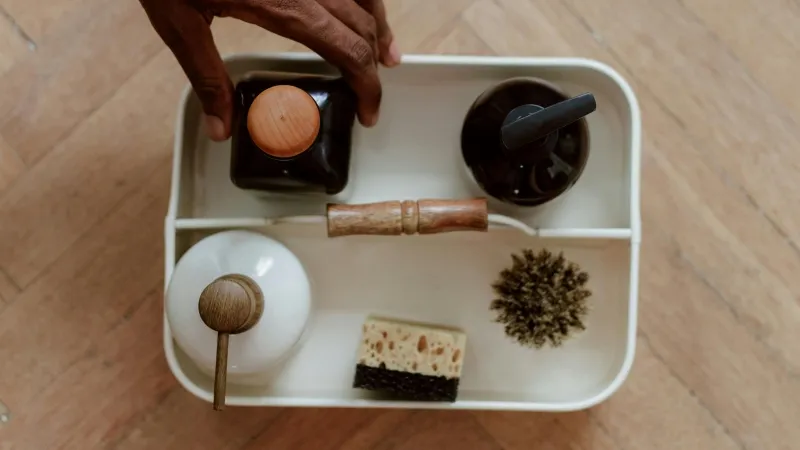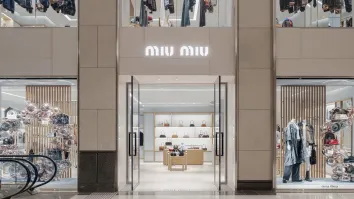
Surge in demand for clean label products drives innovation in APAC
This extends beyond food and beverages to personal care and household products.
The growing demand for clean label products is sparking innovation across the Asia-Pacific (APAC) region, as companies adapt to changing consumer preferences, GlobalData reported.
The trend extends beyond food and beverages to personal care and household products.
About 49% of consumers in Asia and Australasia often consider the ethical and environmental impact of household cleaning products when making purchasing decisions, as pera survey by GlobalData.
According to Mani Bhushan Shukla, consumer analyst at GlobalData, clean label products typically use natural ingredients, avoid artificial chemicals, and emphasise sustainability.
In food and beverages, consumers prioritise health aspects like "low-sugar" and "low-fat," whilst personal care products focus on "natural" and "free-from" claims.
Additionally, household products increasingly feature natural ingredients and recyclable packaging.
Deepak Nautiyal, consumer and retail commercial director for Asia-Pacific and the Middle East at GlobalData, said companies are exploring new sourcing methods, sustainable packaging, and alternative ingredients to meet consumer demand.
“As brands strive to meet consumer expectations, they are also exploring new marketing strategies that highlight their commitment to transparency and sustainability, ultimately leading to a broader range of clean label options for consumers,” he said.
For example, Unilever’s launch of Sunlight BioCare Nature dishwashing liquid in Vietnam, Indonesia, and Thailand showcases this shift. The product uses RhamnoClean Technology and is part of Unilever’s Clean Future initiative, aimed at reducing CO2 emissions and plastic waste.
Shukla added that rising health and environmental concerns are driving consumers to choose products with natural ingredients and eco-friendly packaging. Garnier, part of L’Oréal, has also committed to offering sustainable beauty products in Asia using green science.
Nautiyal pointed out that 78% of APAC consumers now consider recyclable packaging essential. This shift not only attracts eco-conscious buyers but also strengthens brand loyalty.
Shukla said that the focus on eco-friendly ingredients and sustainable supply chains will create growth opportunities for companiesas as consumers continue to prioritise clean label products.

















 Advertise
Advertise







